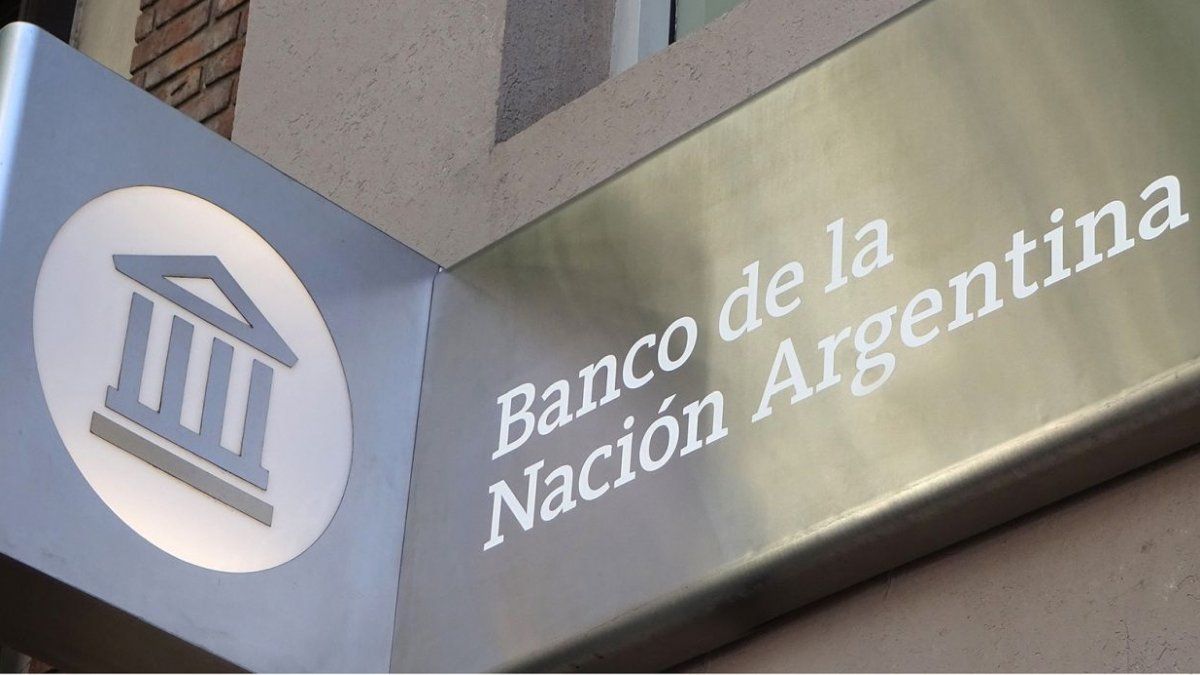The Federal Justice gave a new setback to the government of Javier Milei. The Federal Court No. 2 of La Plata, in charge of the acting federal judge Alejo Ramos Padillaresolved that, despite what was established in the mega DNU, the Current regulations do not allow the privatization of the Banco de la Nación Argentina (BNA) and that to do so it is necessary that it be arranged by the Congress through a formal law.
The Judge’s ruling determined that “DNU 70/23 and resolution 348 of the BNA Board of Directors They do not authorize the modification of the legal status of the banking entity“. The decision came in the context of an action promoted by workers of the entity on behalf of the entire Bank staff.
The Justice system halts the privatization of the Bank of the Argentine Nation
Finally, Judge Padilla signed the ruling that establishes a limit for the privatization of the BNA. According to the judge, both the Decree 70/23 like the BNA resolution 348 “They do not authorize the modification of the legal status of the banking entity“.
In this way, the Magistrate’s sanction establishes that, in case of wanting to move forward with the privatization of the institution, the ruling party will need send and approve a law in Congress. Only in this way could the libertarian government modify the Organic Charter of the BNA and transform it from an autonomous entity to a public limited company.
Deputies Congress Quorum
According to Padilla’s ruling, only Congress will be able to define the future of the BNA.
Ignacio Petunchi
In the court ruling, the sanction of the Law 27.742 (Law of Bases)which in its original project declared the National Bank as one of the state-owned companies subject to privatization. However, after numerous twists and turns, the BNA was finally removed from the list promoted by the ruling party.
In this sense, the judge held that “the will of the National Congress and both Chambers is then evident, by sanctioning the law of exclude the Bank of the Argentine Nation as an entity subject to privatizationthe product of a debate generated in the appropriate political sphere with the intervention of multiple actors and which exceeds judicial review.”
In addition, in the grounds, Padilla again stressed that in the constitutional text of the nation, the creation of the Bank of the Argentine Nation It is up to the National Congress. In this way, the Legislative Power is the only one that has the power to revoke such status.
Mendoza approved the transfer of IMPSA
The province of Mendoza, governed by the Alfredo Cornejo radicalbecame the scene of the first privatization of the Javier Milei era. Last Tuesday, the Mendoza Senate approved a bill promoted by the Executive Branch that authorizes the Transfer of IMPSA “Class C” shares, currently in the hands of the provincial State.
The bill already had half sanction of the Chamber of Deputieswhich debated the privatization of IMPSA almost two weeks ago. Later, it was the turn of the Upper House of Mendozawhich approved the text with 19 votes in favor and 16 against.
Mendoza owns 21.4% of the company’s shares. IMPSA currently has 720 highly trained employees specialized in the energy industry.
During the session the senator Angela Floridiapresident of the Finance and Budget Committee, recalled that in 2020 the company faced serious financial problems due to failed contracts with Brazil, Venezuela and Santa Cruz, which put at risk both the job stability and the operational continuity of IMPSA. Faced with this situation, it was the National and Provincial Executive Power – led at that time by Cornejo – that intervened with a plan of recomposition of the capital structure.
During the session, the legislator explained that the objective of the government intervention was “temporary“and now the government is seeking to sell the shares under its jurisdiction. However, the decision to divest itself of the State’s shares is also explained by the liabilities exceeding US$500 million that buyers will have to go out and negotiate with creditors.
The privatization process dates back to the beginning of July, when the gnational government and that of Mendoza They signed a letter of intention with the North American companyARC Energy, which committed an investment of US$30 million to capitalize the former PescarmonaThis negotiation process with the American company takes place in the midst of a complex economic situation that the company, which has more than 700 employees, is going through.
Source: Ambito
I am an author and journalist who has worked in the entertainment industry for over a decade. I currently work as a news editor at a major news website, and my focus is on covering the latest trends in entertainment. I also write occasional pieces for other outlets, and have authored two books about the entertainment industry.




